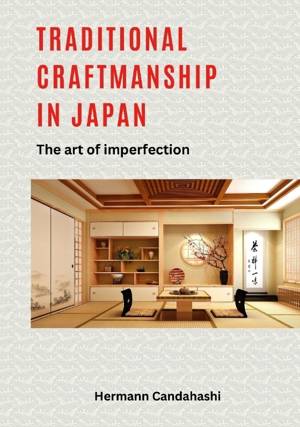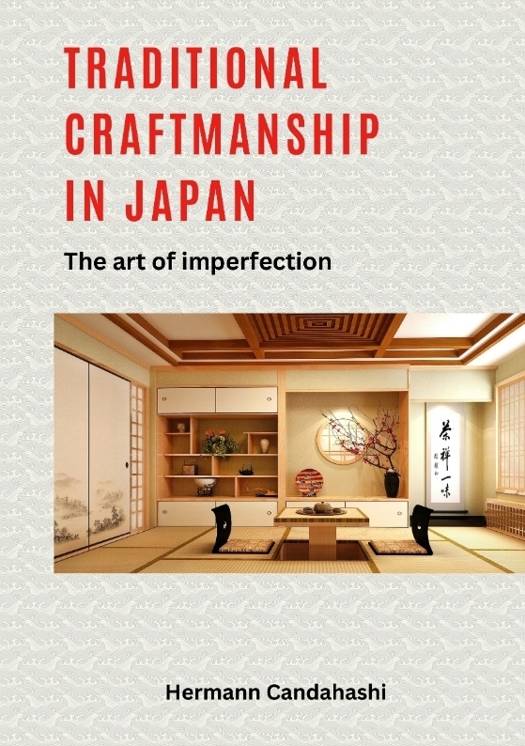
- Afhalen na 1 uur in een winkel met voorraad
- Gratis thuislevering in België vanaf € 30
- Ruim aanbod met 7 miljoen producten
- Afhalen na 1 uur in een winkel met voorraad
- Gratis thuislevering in België vanaf € 30
- Ruim aanbod met 7 miljoen producten
Zoeken
€ 22,95
+ 45 punten
Uitvoering
Omschrijving
Dear readers, I am pleased to present to you, after a longer time of research and preparation, my new book on Japanese craftsmanship. Like the creations within it, this book adheres to the principle of Wabi-Sabi and cannot illuminate all facets and characteristics of this vast realm of Japanese traditions. Nevertheless, it may be suitable to inspire you to further explore aspects of these fascinating art forms. If I succeed in this with you, I would have achieved my goal. An excerpt: "Japanese craftsmanship possesses the unique ability to blend artistry and functionality. It spans from the traditional tea ceremony to intricately crafted ceramics, from finely carved woodwork to breathtaking textiles. These traditions are passed down from generation to generation, serving as expressions not only of skill but also of deep cultural and religious significance. Imperfection in them is not seen as failure, as it might be in Western countries, but rather as a path to a rarely attained perfection. A key aspect of Japanese craftsmanship is the reverence for nature and simplicity. Many artisans draw inspiration from nature, whether it be the elegant line of a bonsai tree or the flowing movement of a koi fish. This connection to nature is reflected not only in the motifs but also in the materials used. Wood, bamboo, paper, and silk often form the foundation for these artistic creations. The transmission of craftsmanship occurs in specialized workshops, where masters of their craft pass on their skills to apprentices. These apprenticeships are characterized by dedication, discipline, and a profound respect for the craft. Apprentices not only learn the technical skills but also the philosophy behind each technique. It is this fusion of technique and spirituality that makes Japanese craftsmanship truly unique. One of the most fascinating examples of traditional craftsmanship in Japan is the art of Kintsugi, the repair of ceramics with a mixture of gold or silver lacquer. Instead
Specificaties
Betrokkenen
- Auteur(s):
- Uitgeverij:
Inhoud
- Aantal bladzijden:
- 248
- Taal:
- Engels
- Leeftijd:
Eigenschappen
- Productcode (EAN):
- 9783384119643
- Verschijningsdatum:
- 16/01/2024
- Uitvoering:
- Paperback
- Formaat:
- Trade paperback (VS)
- Afmetingen:
- 148 mm x 210 mm
- Gewicht:
- 326 g

Alleen bij Standaard Boekhandel
+ 45 punten op je klantenkaart van Standaard Boekhandel
Beoordelingen
We publiceren alleen reviews die voldoen aan de voorwaarden voor reviews. Bekijk onze voorwaarden voor reviews.











